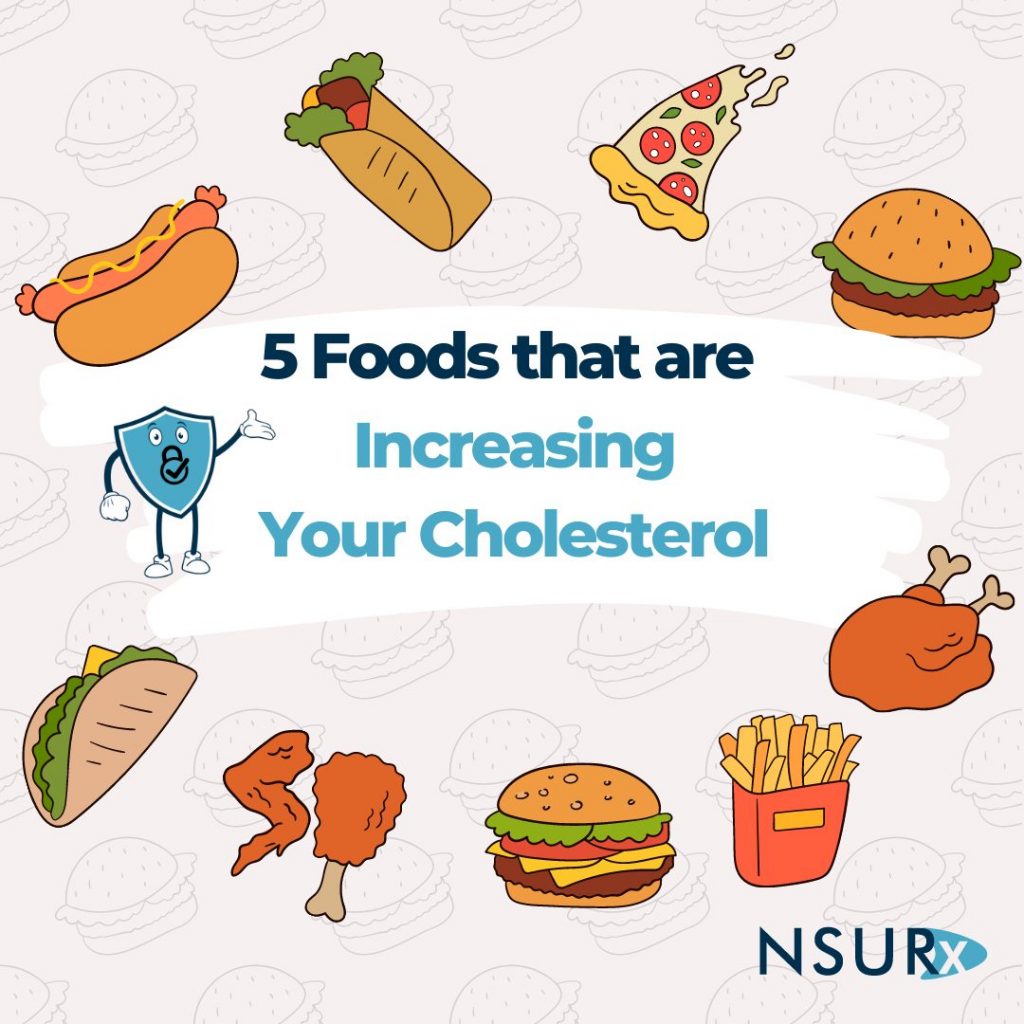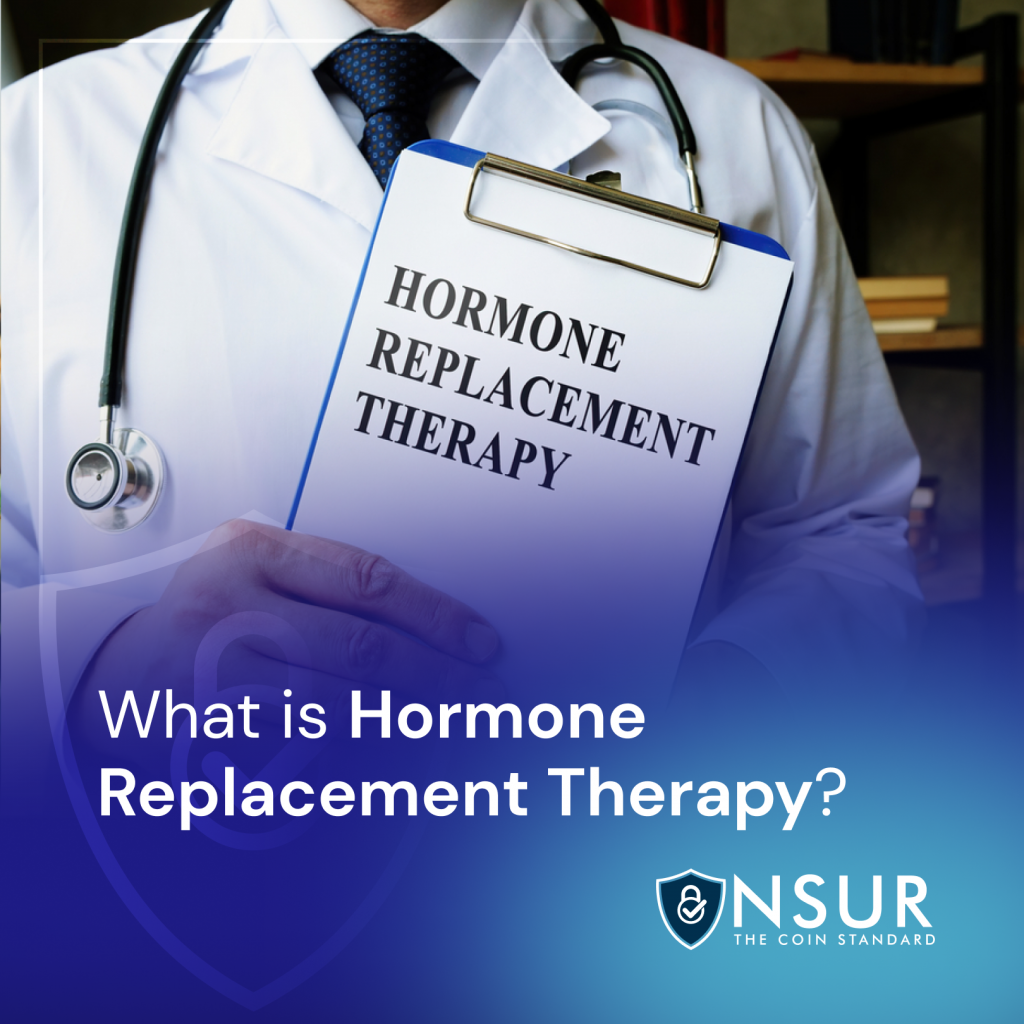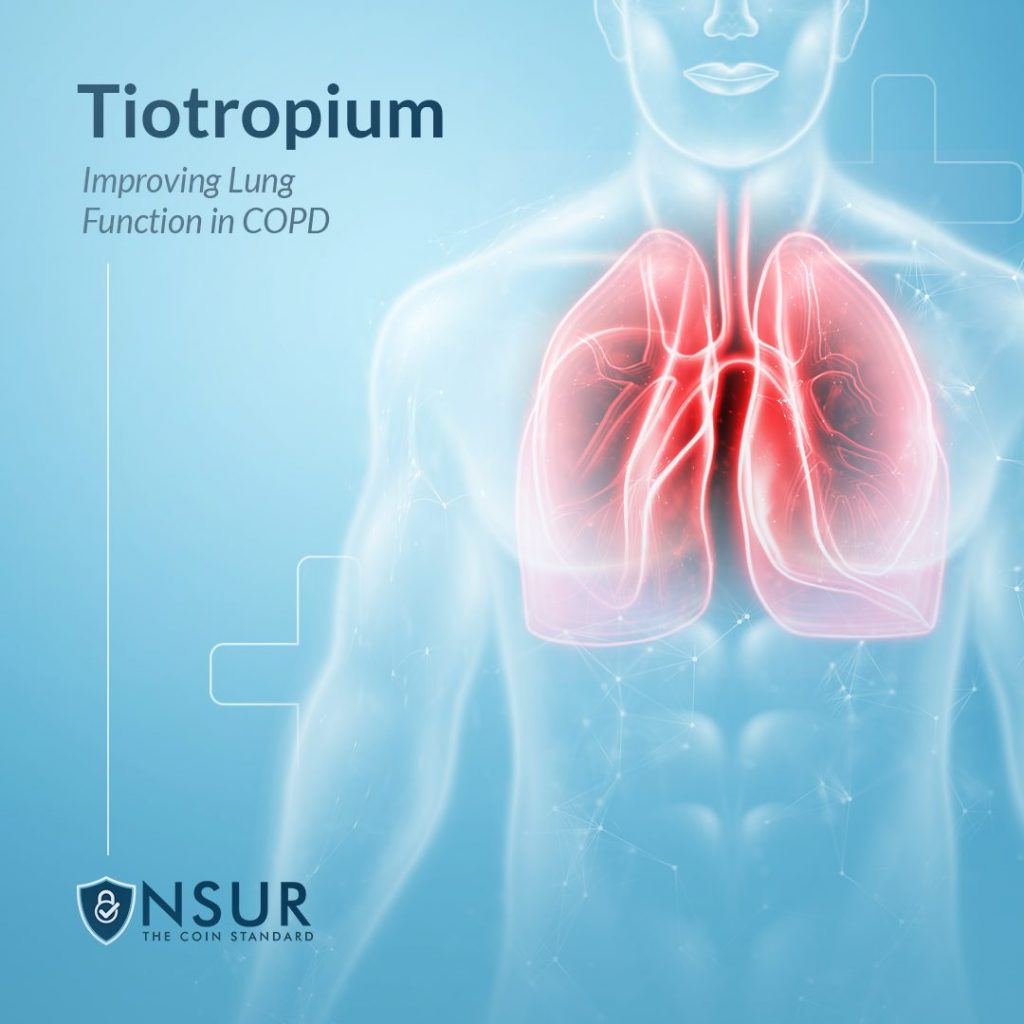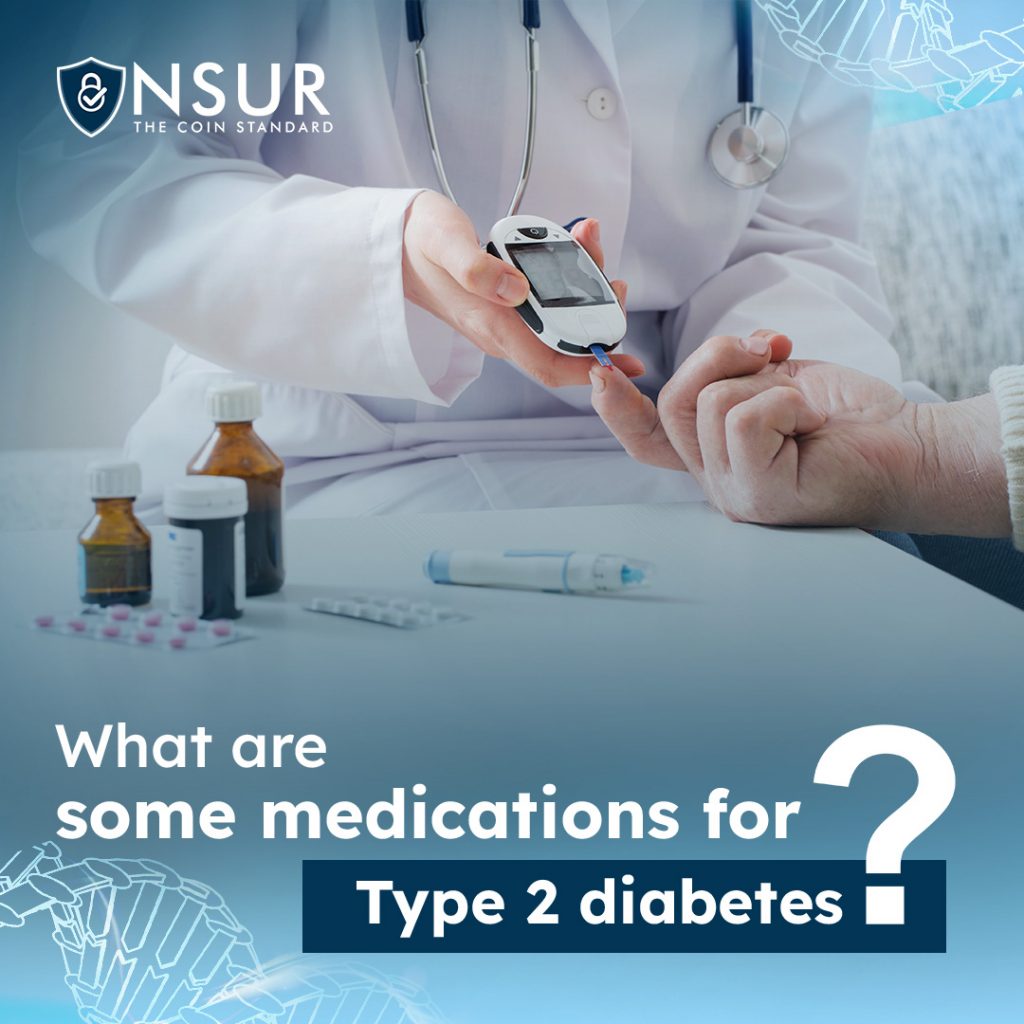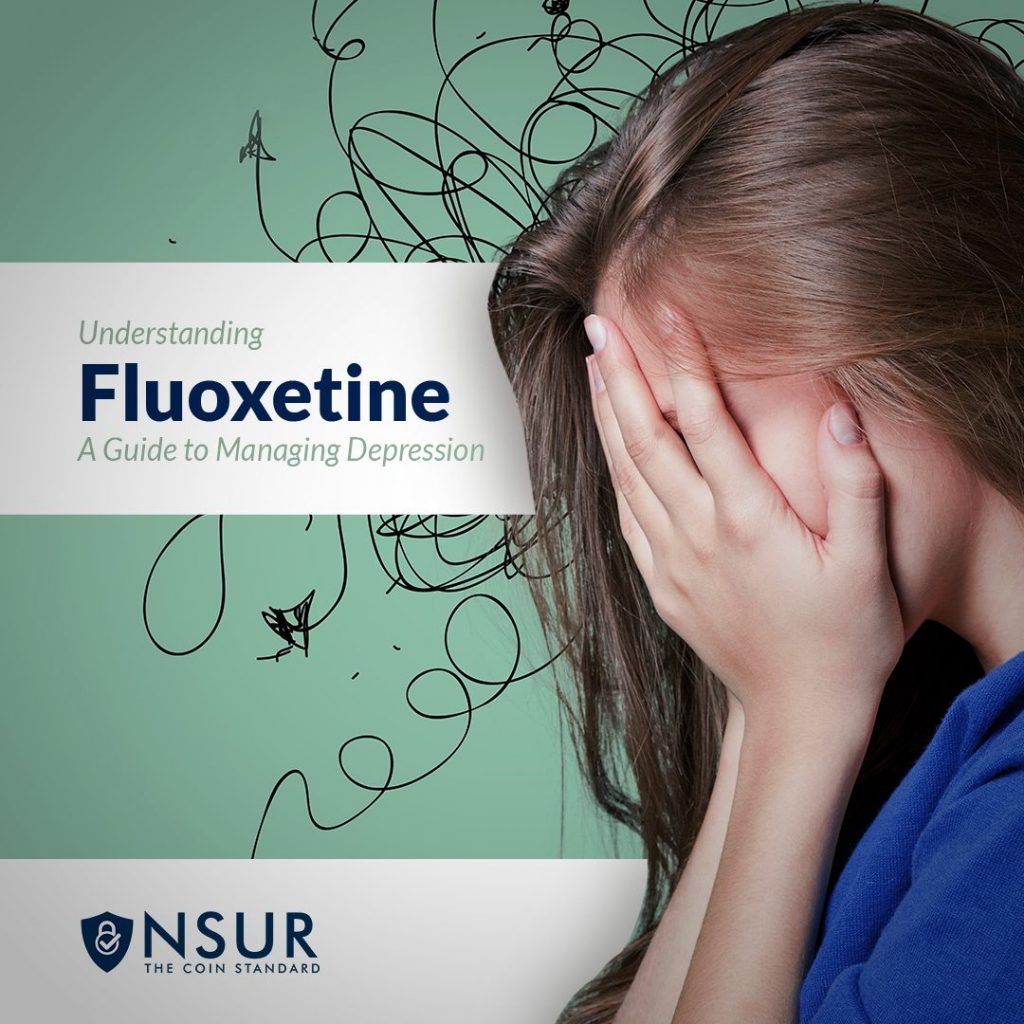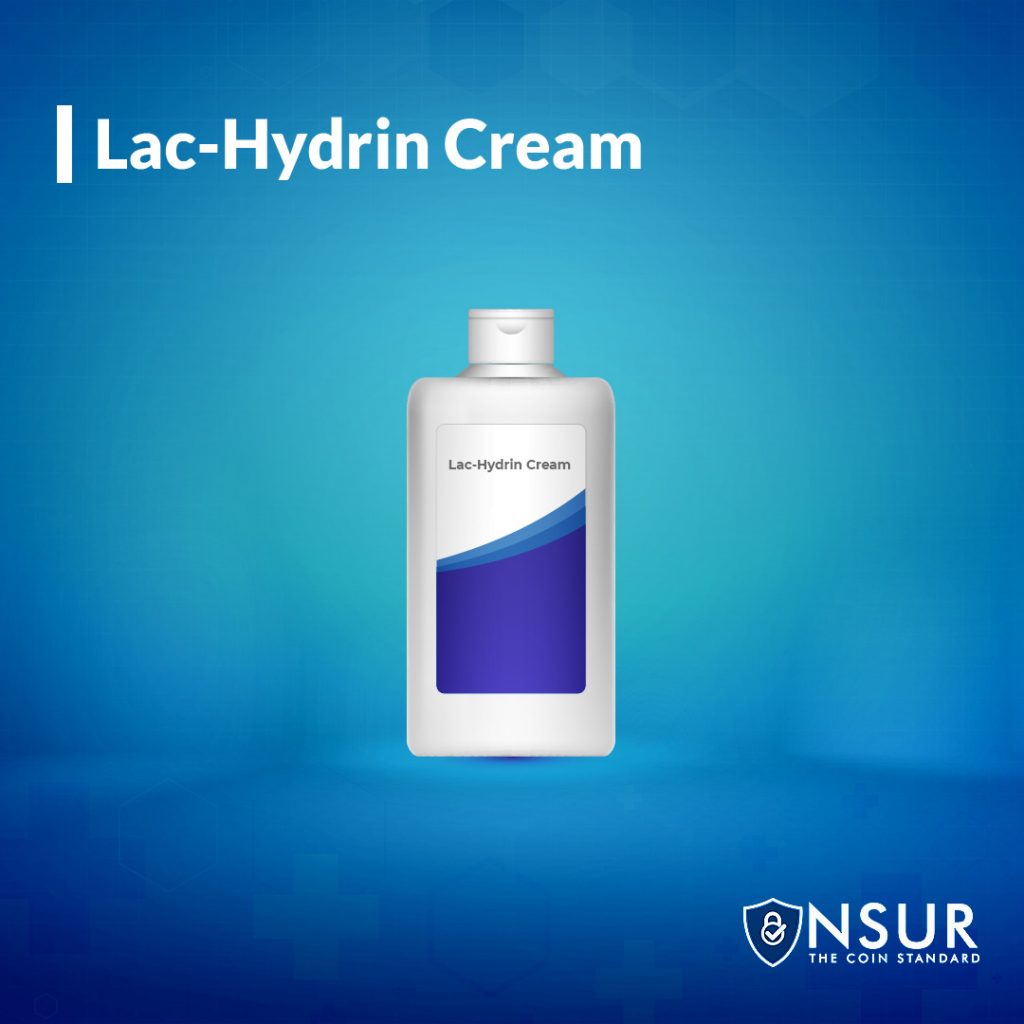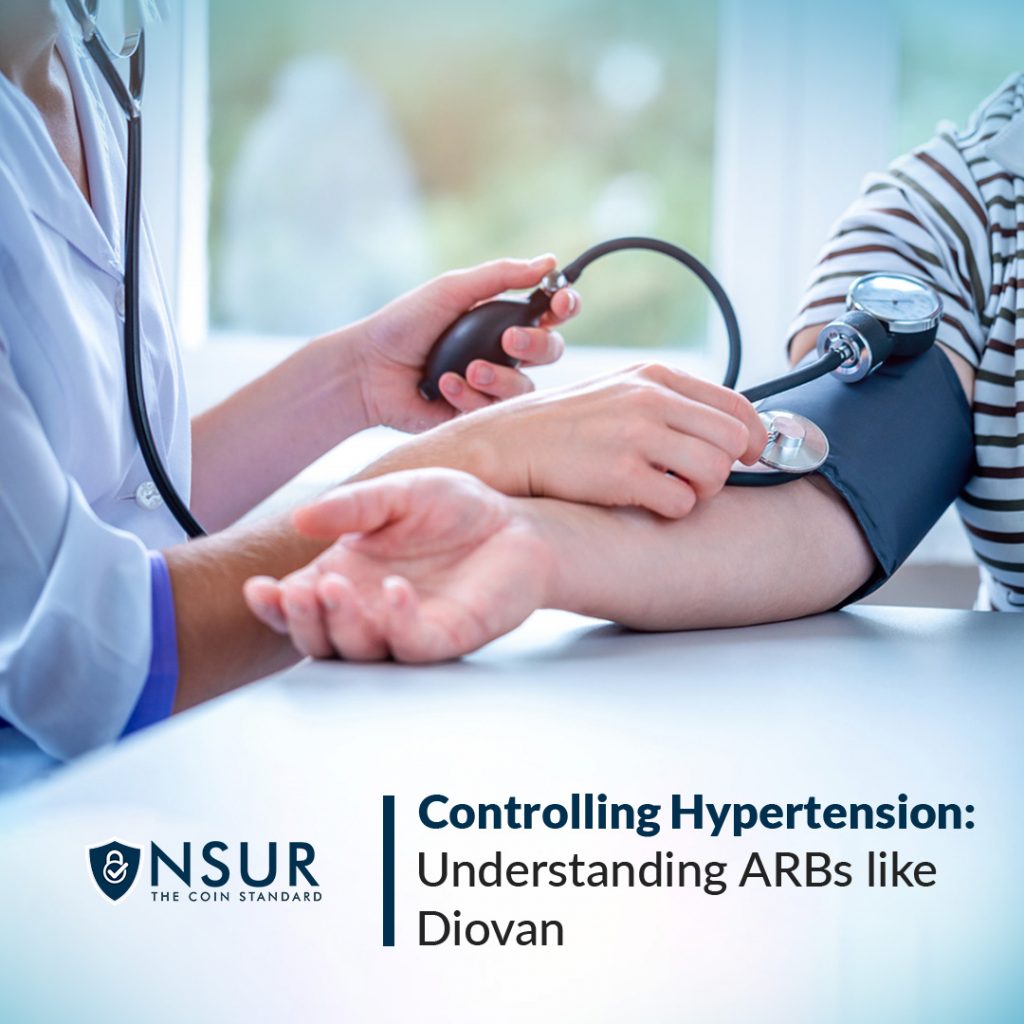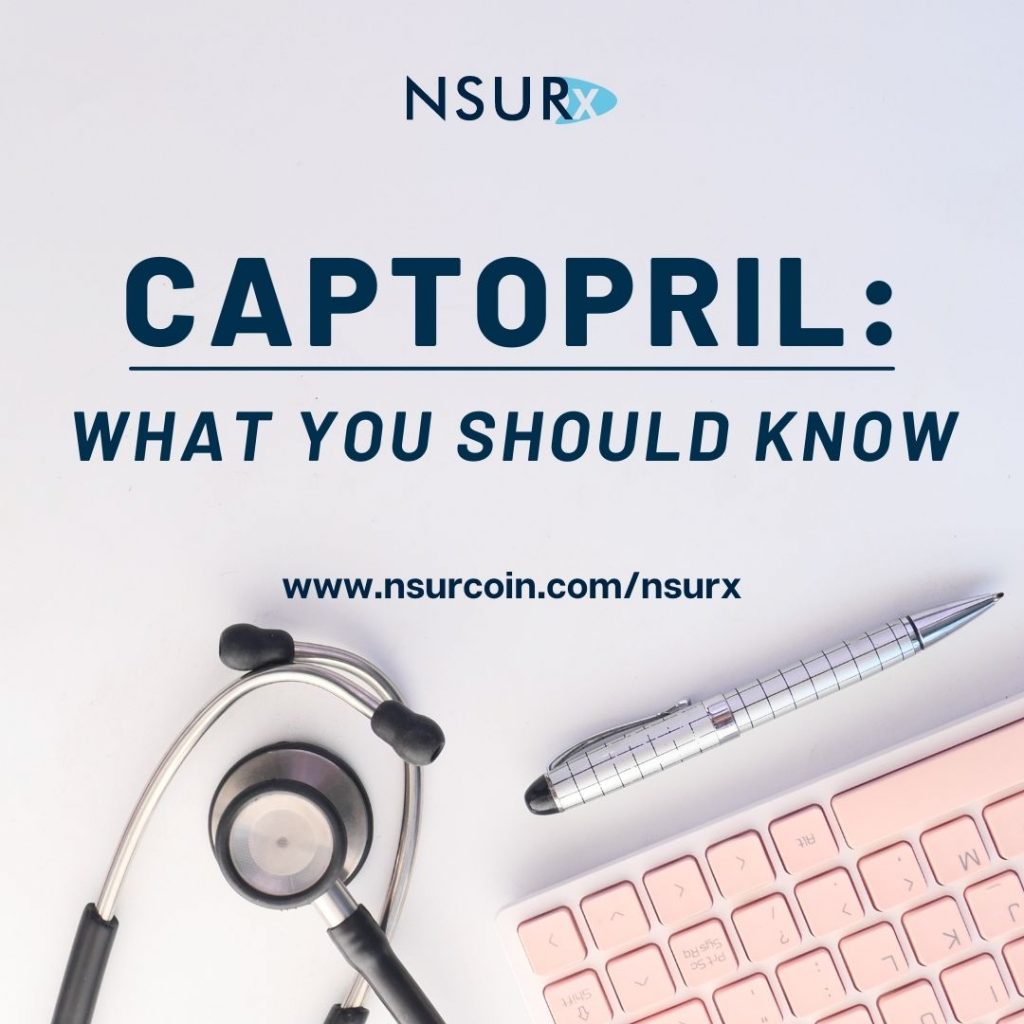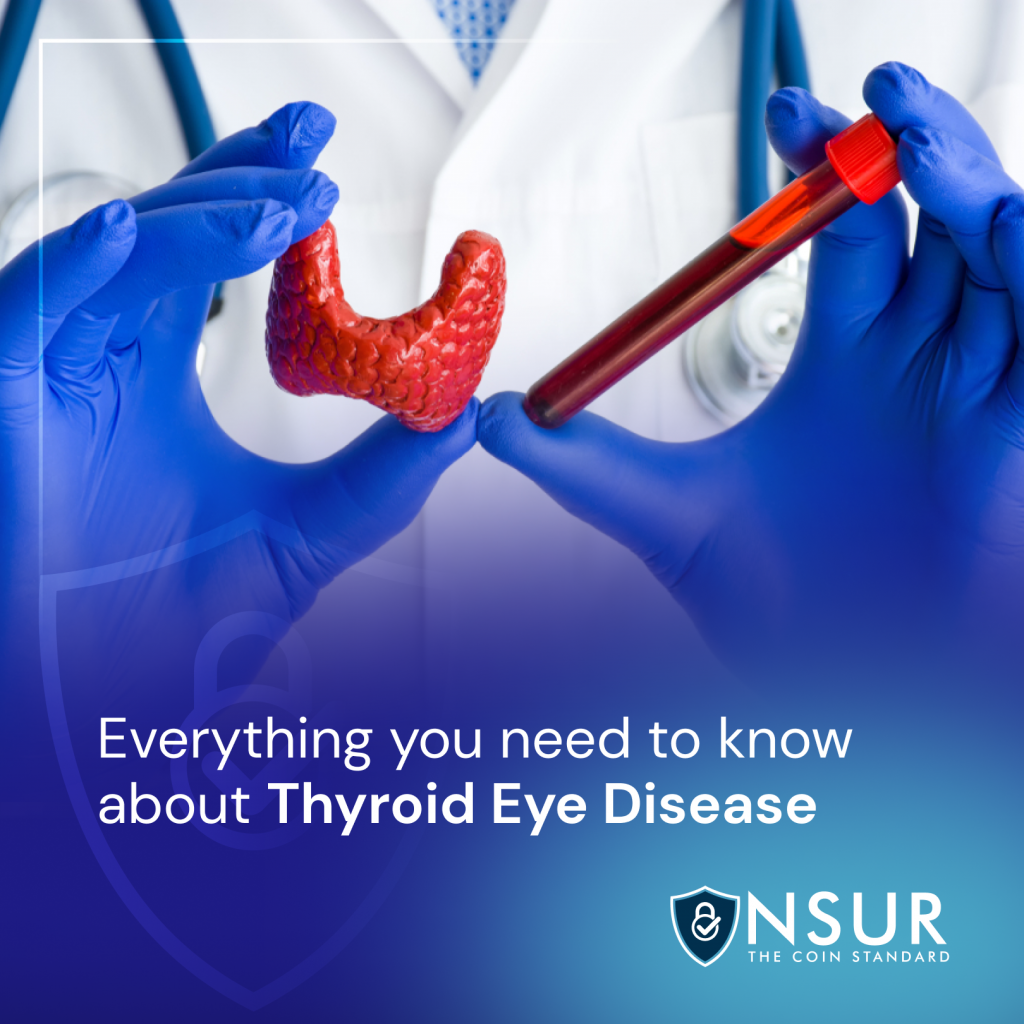
Thyroid eye disease is an immune system disorder, which makes the eye muscles, eyelids, tear glands and the fatty tissues behind the eyelids inflamed. The early symptoms can include dry and itchy eyes that look red, double vision, watery, bulgy, and grainy.
TED goes through two phases, one being the active stage which can last from 6 months to up to 2 years, according to the Rare Disease Organization, followed by the healing stage where the body responds towards the affected area to start the healing process.
What causes Thyroid Eye Disease (TED)?
According to the Cleveland Clinic, research suggests that this disease is caused by an autoimmune disorder. This disorder triggers your immune system against the facial tissues located near the eyes, projecting them as a foreign substance or bacteria. Once your immune system receives such a signal it starts to send antibodies to attack the muscles, fats and areas surrounding your eyes.
Who is at risk of getting Thyroid Eye Disease (TED)?
According to WebMD, TED is much more likely to affect people who are suffering from hyperthyroidism, a little likely in people suffering from underactive thyroid levels and very rare in people with normal thyroid levels.
Symptoms of Thyroid Eye Disease(TED)
- Bulgy eyes
- Redness in the white area of the eyes
- Constant irritation
- Excessive dryness
- Watery eyes
- Double vision
- Light sensitivity
- Swelling on orbital tissue
- Constant headaches
- Difficulty in moving the eyeballs
Diagnosis for Thyroid Eye Disease (TED)
The diagnoses can vary according to your thyroid conditions and levels.
Blood Test
This test is usually conducted on people who have not been yet diagnosed with hyperthyroid. It is to check the thyroid levels. In some advanced blood tests, it can also be measured by the antibodies following in your system.
Eye Check Up
Upon getting any of the above-mentioned symptoms, it is advisable to visit an ophthalmologist, who will conduct a proper eye checkup and will review the swelling around the eye area.
CT Scan / MRI
Your ophthalmologist might also suggest you get an MRI and/or CT Scan to study the swelling and the affected area in a more detailed manner, in order to confirm the diagnosis.
Thyroid Eye Disease Treatment and Management
Medicines
If the symptoms are mild, artificial tears, also known as ocular lubricants, might be enough to keep the eyes moist and clean. Your doctor might also give you immunosuppressants to dampen down the immune system which in such cases starts to produce excessive amounts of antibodies. In case of very severe TED, your medical professional will advise you to become hospitalized where you will be given steroids under observation and in liquid form through a drip.
Surgical Treatment
In very few cases, the need for surgery arises as the TED impairs vision, due to severely inflamed optic nerves. The decompression surgery is performed to create a space near the eye socket for the inflamed vein to spread out and relax.
Radiotherapy
Radiotherapy treatment is used in some cases to reduce the swelling and inflammation around the eye socket. The radiation can help soothe swelling in the muscles and veins. There are many such therapies and treatments which are underway and are in the research stage.
How can NSUR help with TED Treatment?
NSUR offers a prescription discount card called NSURx to help you save money on your TED Treatment.
Simply present your NSURx card to the pharmacist the next time you buy medication like an immunosuppressant for TED, and you could save up to 80% on your prescription costs! Moreover, every time you fill a prescription using NSURx, you will receive NSUR Coin as a reward, which you can use to buy goods and services on our health and wellness shopping platform.
Over 35,000 pharmacies accept NSURx prescriptions, including major chains like Walgreens, CVS, and Walmart and smaller, independent retailers in your neighborhood.
There is no limit on the number of prescriptions you can fill using NSURx or the frequency at which you can fill them. You can even use NSURx to get discounts on other prescriptions for your friends and family (including pets!).
Visit NSURx’s price lookup tool to see how much you can start saving today on your Tresiba prescriptions and to find the nearest pharmacy to you that accepts NSURx, or call +1 (855) 917-6216. Most users have a pharmacy within 2 miles of their home that takes NSURx.
